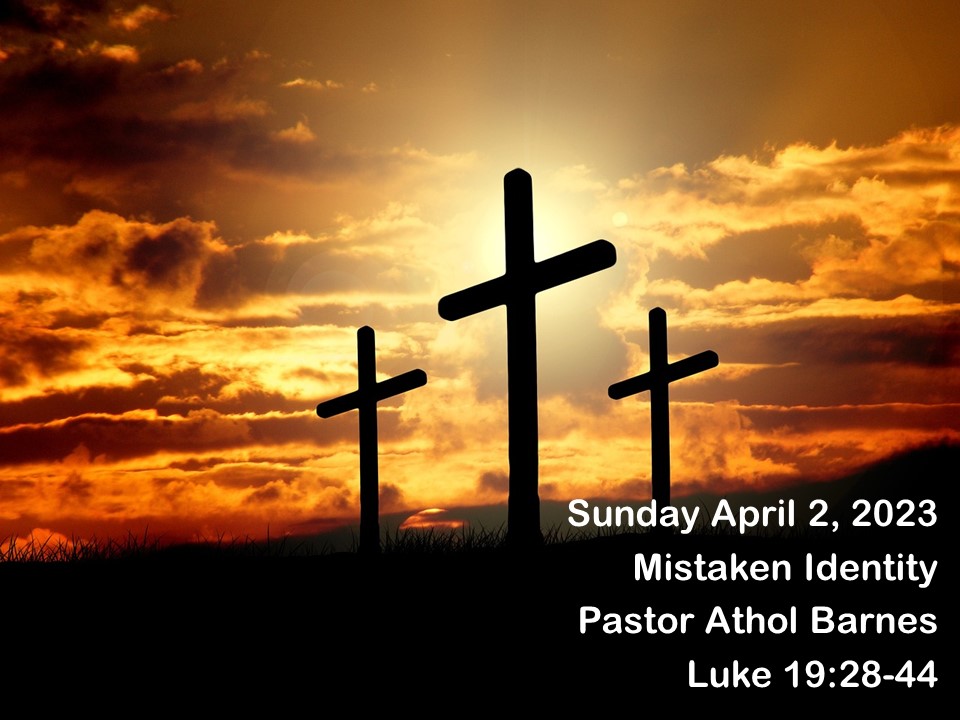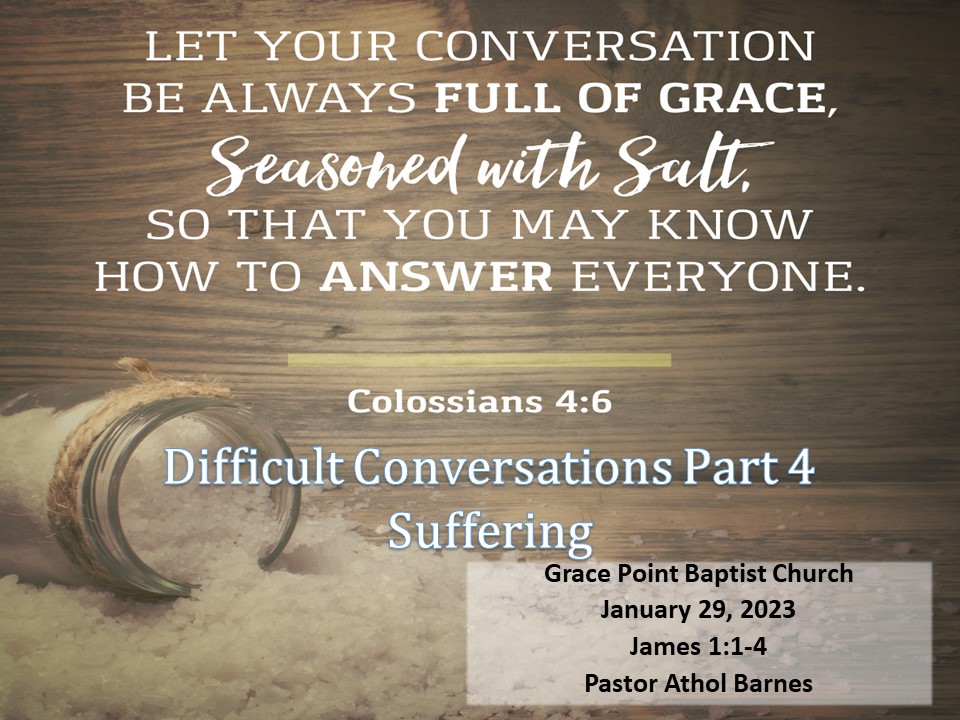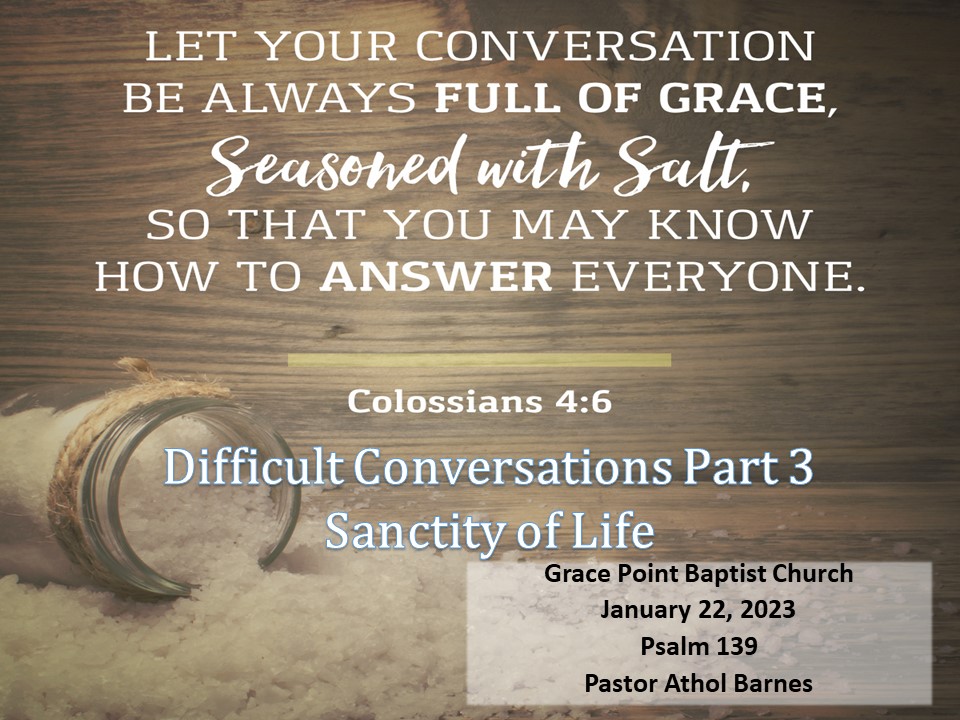
This morning I was reading Ephesians 1 and the Holy Spirit began speaking to me through verse 19.
Verse 19 is part of a long sentence written by the apostle Paul beginning in verse 15.
Ephesians 1:15-21, “For this reason, because I have heard of your faith in the Lord Jesus and your love toward all the saints, 16 I do not cease to give thanks for you, remembering you in my prayers, 17 that the God of our Lord Jesus Christ, the Father of glory, may give you the Spirit of wisdom and of revelation in the knowledge of him, 18 having the eyes of your hearts enlightened, that you may know what is the hope to which he has called you, what are the riches of his glorious inheritance in the saints, 19 and what is the immeasurable greatness of his power toward us who believe, according to the working of his great might 20 that he worked in Christ when he raised him from the dead and seated him at his right hand in the heavenly places, 21 far above all rule and authority and power and dominion, and above every name that is named, not only in this age but also in the one to come.”
Verse 19 speaks to the incredible power of God, and the amazing blessings available to us as followers of Jesus. This verse tells us that by the Holy Spirit we have access to the same power that raised Jesus Christ from the dead.
As Christians, it is easy to become complacent, to forget the incredible power that is available to us. We may feel powerless in the face of the challenges that we face in our lives, struggling to find hope and strength in the midst of difficult circumstances. But verse 19 tells us that we have access to a power that is greater than anything we could ever face.
This power is not something that we can earn or achieve on our own, like the Gospel it is a gift from God, made possible through the sacrifice of Jesus Christ on the cross. Through His death and resurrection, Jesus conquered sin and death, and made a way for us to be reconciled to God. This is the power that we have access to through the Holy Spirit, a power that is available to us every moment of every day.
But what does this mean in practical terms?
Firstly, it gives us hope. No matter what we are facing, we can trust that God is with us, that He is working all things together for our good (Romans 8:28). We can face the challenges of life with confidence and courage, knowing that we are not alone.
Secondly, it gives us strength. When we are weak, God is strong. He empowers us to do things that we could never do on our own (Philippians 4:13). We can face challenges with perseverance and courage, knowing that we have the power of God within us.
Thirdly, it gives us purpose. When we recognize the power of God within us, we begin to see the world in a new way. We see the needs of those around us and see that God has positioned us to be used by Him. We are called to use our gifts and talents to serve others, to be the hands and feet of Christ in the world (Matthew 5:14-16).
So, how can we access this power? It starts with prayer. We must come to God with open hearts, ready to receive His power and guidance. We must ask for His wisdom and discernment, being willing to follow wherever He leads us.
It also requires faith. We must believe that God is who He says He is (Hebrews 11:6), and that He is able to do immeasurably more than we could ever ask or imagine. We must trust in His goodness and His love for us, even when we cannot see the way forward.
Finally, it requires obedience. We must be willing to follow where God leads us, even when it is difficult or uncomfortable. We must be willing to step out in faith, knowing that God is with us every step of the way.
As we pray, trust, and obey, may we see the power of God unleashed in our lives for His glory.










